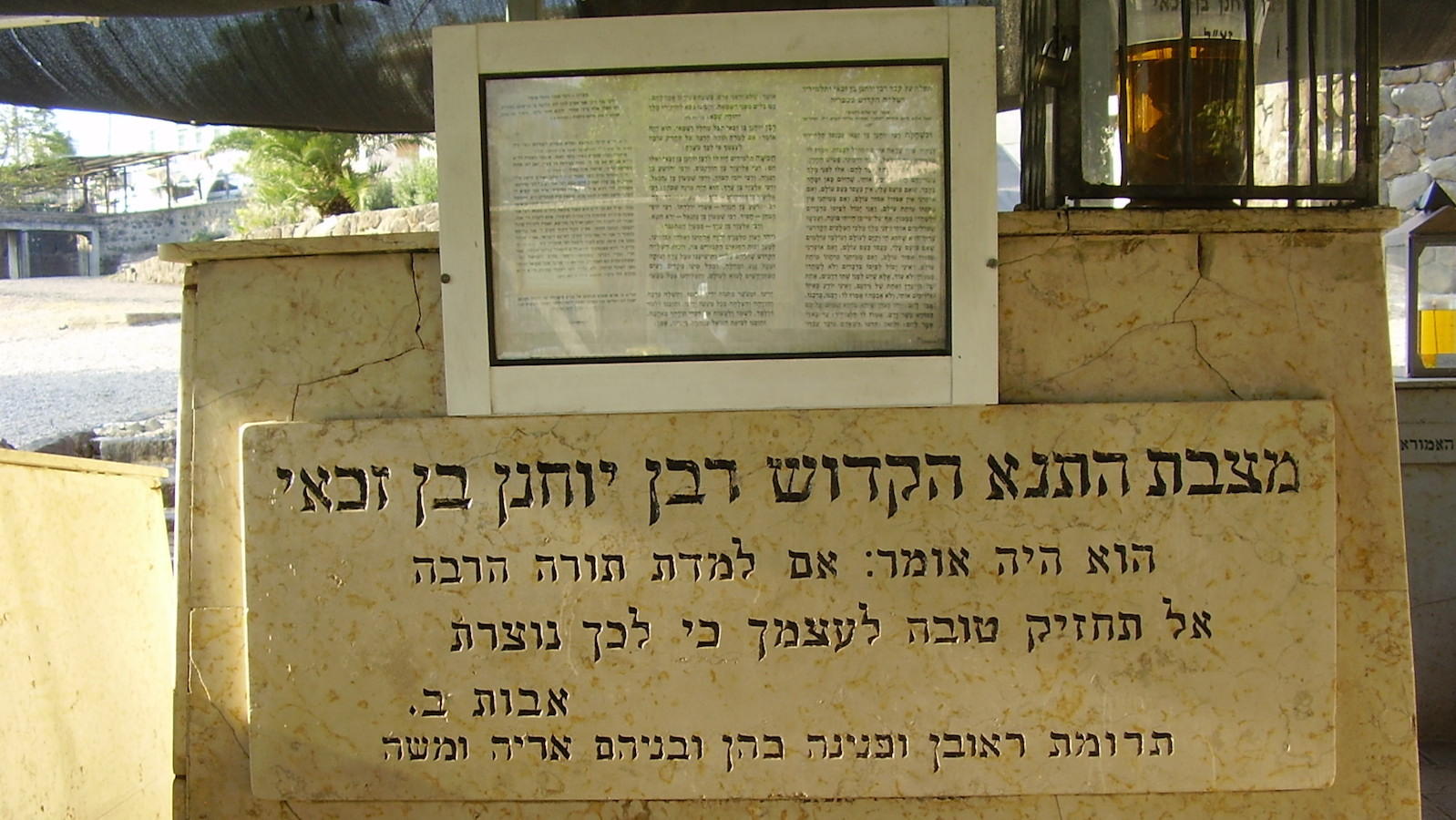Yohanan ben Zakkai was a rabbi who lived during the time of the tannaim, the early rabbis of the first and second centuries of the Common Era whose views are recorded in the Mishnah. He was a student of Hillel the Elder and the leading authority of his generation. He is named in the second chapter of Pirkei Avot as having received the oral tradition from Hillel and his regular interlocutor Shammai, indicating Yohanan ben Zakkai’s significance in the chain of rabbinic transmission going back to Sinai. In the Mishnah, he is the earliest sage to receive the title rabbi and is also frequently accorded the elevated title rabban.
The most famous story about Yohanan Ben Zakkai concerns his actions during the Roman siege of Jerusalem leading up to the destruction of the Second Temple in 70 CE. As internecine conflict intensified and food shortages grew dire, Yohanan managed to smuggle himself out of the city in a coffin for a meeting with the Roman commander Vespasian, at the conclusion of which Vespasian invited Yohanan to make a request of him. Yohanan responded: “Give me Yavne and its sages.” Vespasian agreed.
Yavne is a small town on the coast of the Mediterranean about 30 minutes south of present-day Tel Aviv. It was there that Yohanan retreated with an elite group of colleagues while the Romans continued their assault on Jerusalem and destruction of the Temple. Yohanan managed to reconstitute the Sanhedrin in Yavne and continue the study and teaching of Torah, enabling the rabbinic tradition to survive the destruction of Jerusalem. Yavne thus became a symbol of Jewish endurance and Yohanan himself a visionary figure who enabled Judaism to survive the destruction, transforming Judaism from a practice structured around the Temple and its priestly rites to one centered on study and adherence to Jewish law.
With the destruction of the Temple, Yohanan enacted a number of modifications to Jewish law in response to the unprecedented situation of a post-Temple Judaism. He was also fierce in his defense of the rabbinic tradition against rival sects that rejected the Oral Torah, referring to them as fools and imbeciles.
With your help, My Jewish Learning can provide endless opportunities for learning, connection and discovery.
According to the Talmud, Yohanan lived to be 120, the same lifespan as Moses. He is buried in Tiberias in northern Israel in the same compound in which Maimonides would be buried a millennium later.
Talmud
Pronounced: TALL-mud, Origin: Hebrew, the set of teachings and commentaries on the Torah that form the basis for Jewish law. Comprised of the Mishnah and the Gemara, it contains the opinions of thousands of rabbis from different periods in Jewish history.
Torah
Pronunced: TORE-uh, Origin: Hebrew, the Five Books of Moses.


